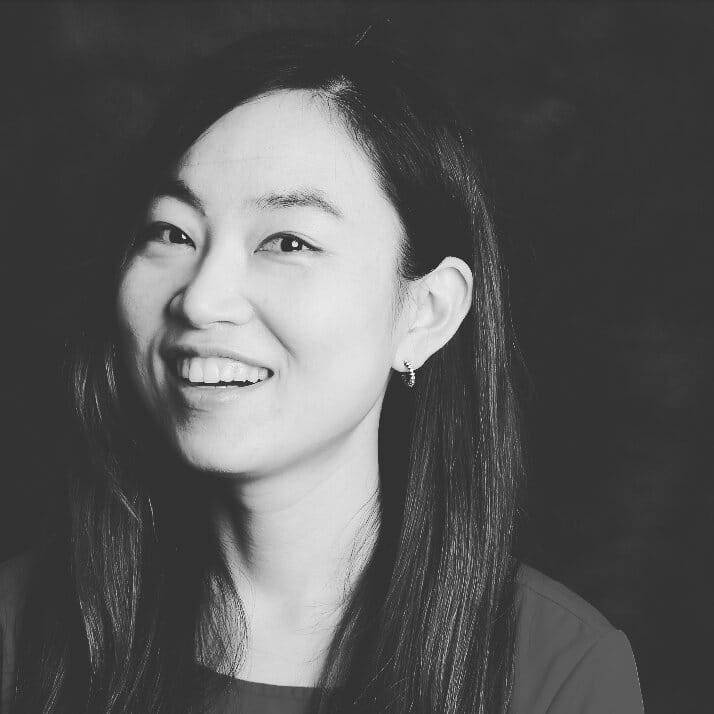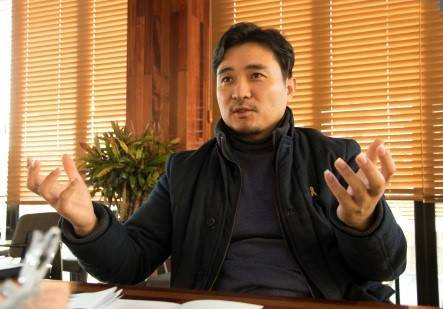How we do our RJ work in Korea and Northeast Asia
WEBINAR: RJ WORK IN KOREA AND NE ASIA – A CASE STUDY IN IMPLENTATION, INNOVATION AND ADAPTATION
When: 20 February, 2019 | 4:30 - 6 p.m. (Eastern standard time)
Guest: Hannah Kim, Jae Young Lee
Host: Howard Zehr
REGISTER
What does restorative justice look like in a context such as South Korea and Northeast Asia? How was it introduced and spread, and what can we learn from these initiatives? Growing interest in RJ has been emerging in South Korea among scholars, law practitioners, and civil society group since as early as the late 1990s. The practice of RJ, however, didn’t begin until late 2000s after the Seoul Juvenile Court established a victim-offender reconciliation program.
On the other hand, RJ approaches began to be adapted among school teachers as alternative measures to school discipline after corporal punishment was officially banned in all schools in 2011. Restorative Discipline (RD) trainings were widely spread and number of teachers implementing RD in their classes was gradually growing during 2012-2015. Since 2015 RD has increasingly been adopted by Provincial Offices of Education as an official approach to school discipline. Recently, the interest in RJ has also spread beyond the legal system and the school to hospitals, companies, and even apartment resident communities. Over the past 3 years, Korea Peacebuilding Institute conducted more than 1500 lectures and workshops on RJ annually. In addition, Northeast Asia Regional Peacebuilding Institute (NARPI) has offered a RJ course every year since 2011. NARPI has been a platform for people in the region to learn about the concept and practice of RJ. And also, how to apply RJ in historical conflict in Northeast Asia is another area NARPI aims to initiate, including the conflict between the North and South Koreas.
Jae Young Lee and Hannah Kim, who have been part of these initiatives, will provide an overview of developments as well as reflections that will be useful to those implementing restorative in other parts of the world.
Guest Bios
 Hannah Kim was born in South Korea. She is an educator and restorative justice practitioner. Since 2008, Hannah has been working as a public school teacher in South Korea. After taking RJ courses in KOPI (Korean Peacebuilding Institute) in 2012, she started to apply RJ values to create a restorative classroom culture. Especially, she is dedicated to creating an anti-bullying culture in the classroom. This May, Hannah earned her M.A. in Conflict Transformation with minors in Education from EMU. Her interested area is integrating trauma healing and restorative justice with intersectional lenses for peacebuilding in education. She currently lives in Seoul and came back to teach English in a public high school in Incheon. She is planning to facilitate STAR for Educators to empower educators in South Korea next year.
Hannah Kim was born in South Korea. She is an educator and restorative justice practitioner. Since 2008, Hannah has been working as a public school teacher in South Korea. After taking RJ courses in KOPI (Korean Peacebuilding Institute) in 2012, she started to apply RJ values to create a restorative classroom culture. Especially, she is dedicated to creating an anti-bullying culture in the classroom. This May, Hannah earned her M.A. in Conflict Transformation with minors in Education from EMU. Her interested area is integrating trauma healing and restorative justice with intersectional lenses for peacebuilding in education. She currently lives in Seoul and came back to teach English in a public high school in Incheon. She is planning to facilitate STAR for Educators to empower educators in South Korea next year. Jae Young Lee graduated from Eastern Mennonite University with an MA in Conflict Transformation focusing on Restorative Justice. He began his career as a peacebuilder at Korea Anabaptist Center where he was a peace program coordinator for 10 years (2001-2010). Then he founded the Northeast Asia Regional Peacebuilding Institute (2010) where he currently serves an executive director. He also founded the Korea Peacebuilding Institute (2012), a leading organization for the Restorative Justice movement in South Korea. He has conducted various workshops and lectures on restorative justice, mediation and peacebuilding for schools, legal system, government, NGOs, and community organizations in Korea. In addition, he has facilitated at the Mindanao Peacebuilding Institute (MPI) in the Philippines and Christian Forum for Reconciliation in Northeast Asia. Currently he lives with family and staff together as a small community called the Peace Building Community near Seoul.
Jae Young Lee graduated from Eastern Mennonite University with an MA in Conflict Transformation focusing on Restorative Justice. He began his career as a peacebuilder at Korea Anabaptist Center where he was a peace program coordinator for 10 years (2001-2010). Then he founded the Northeast Asia Regional Peacebuilding Institute (2010) where he currently serves an executive director. He also founded the Korea Peacebuilding Institute (2012), a leading organization for the Restorative Justice movement in South Korea. He has conducted various workshops and lectures on restorative justice, mediation and peacebuilding for schools, legal system, government, NGOs, and community organizations in Korea. In addition, he has facilitated at the Mindanao Peacebuilding Institute (MPI) in the Philippines and Christian Forum for Reconciliation in Northeast Asia. Currently he lives with family and staff together as a small community called the Peace Building Community near Seoul.